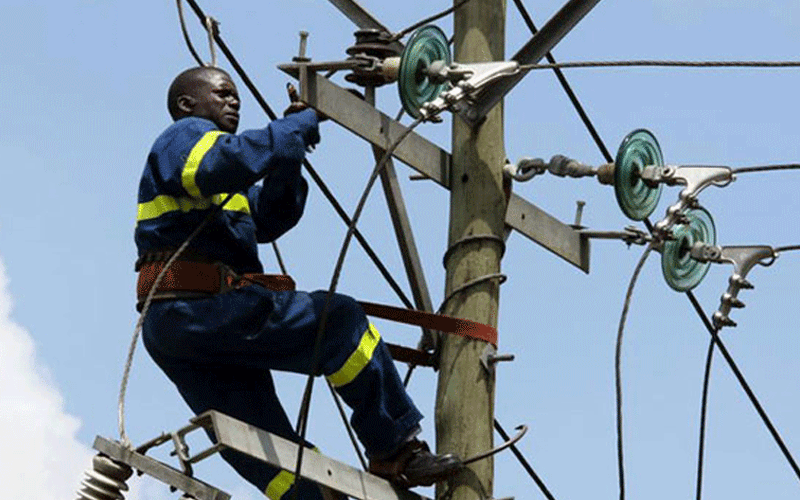Kenya Power and Lighting net profit dips by 92 per cent

John Otini and Noel Wandera
Kenya Power booked a 92 per cent drop in earnings for the year ending June 30, 2019, highlighting the tough economic times the utility company is undergoing.
The company announced an after-tax profit of Sh262 million compared to the previous year’s Sh3.2 billion despite a 17.8 per cent growth seen in electricity revenue, prompting analysts to say that the Nairobi Securities Exchange (NSE) listed firm might need a power tariff review to offset high power purchase costs.
Debt levels
“Fundamentals of the business have weakened significantly with the business grappling with cash flow challenges, rising debt levels, interest costs and excess power supply,” Gerald Muriuki, a research analyst at Genghis Capital stated in an earnings note.
The profit decline was mainly attributed to a 34.1 per cent increase in costs related to electricity generation from renewable energy, from the previous year’s Sh52.7 billion.
This is in line with the company’s long-term strategy to grow cheaper and cleaner renewable energy, as alternatives to thermal power.
Lisa Kamau of Standard Investment Bank said the power distributor firm will have to review tariffs and cut power losses if they want to stop profit declines because their power purchase costs are high.
Researchers said the results were worsened by a 34.3 per cent rise in power purchase costs on account of a 360MW additional capacity from Lake Turkana Wind Power Plant and the Garissa Solar Power Project.
This is in addition for a substantial 46.8 per cent rise in interest costs due to increasing reliance on short-term funding and overdrafts to finance working capital and capital expenditure.
Churchill Ogutu, a senior analyst at Genghis Capital said as per the last audited (qualified) accounts, the Auditor General cited inadequate provisioning, negative working capital, default of debt covenants and significant amounts of undeclared financial assets with possibilities of large penalties.








